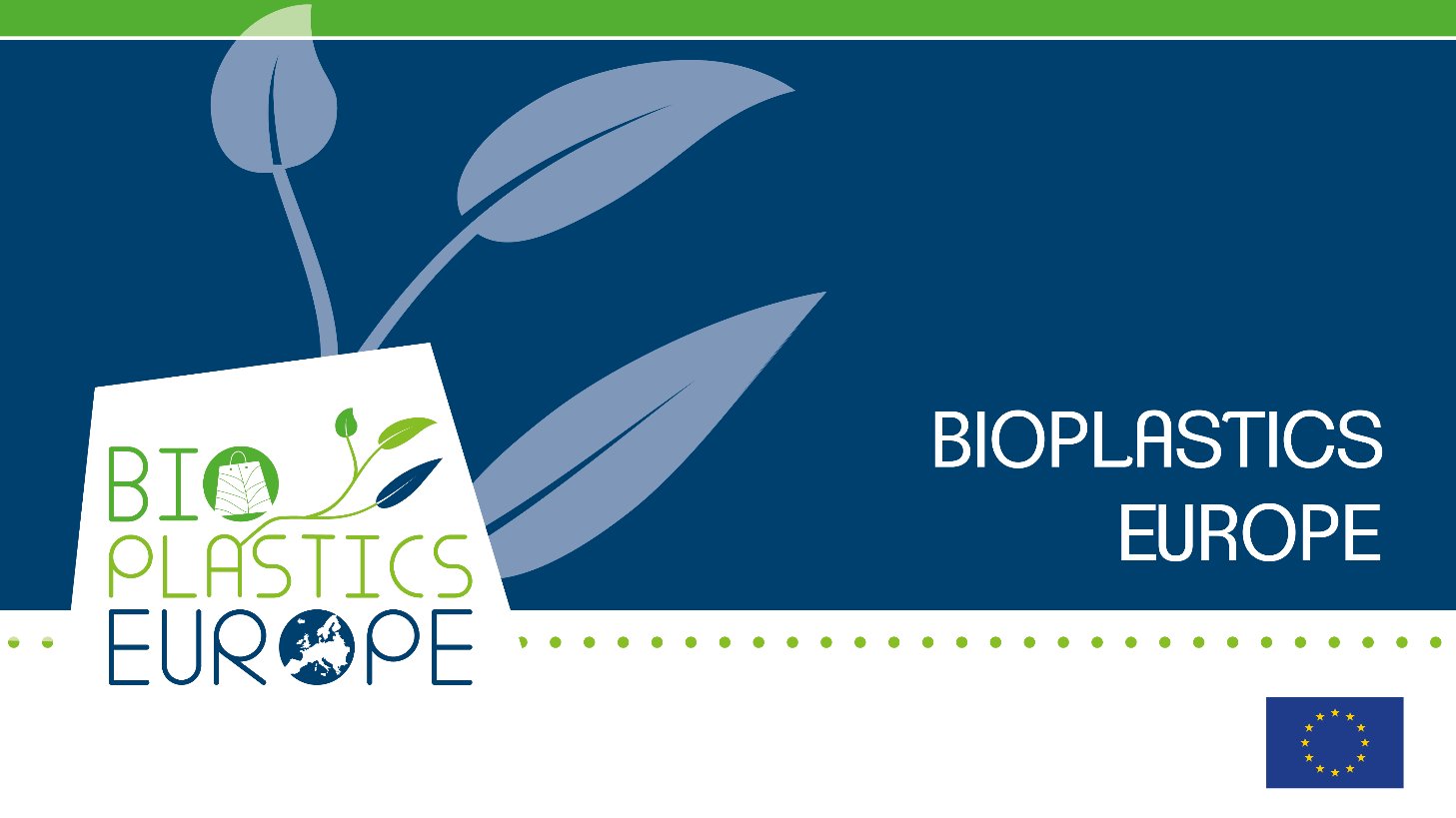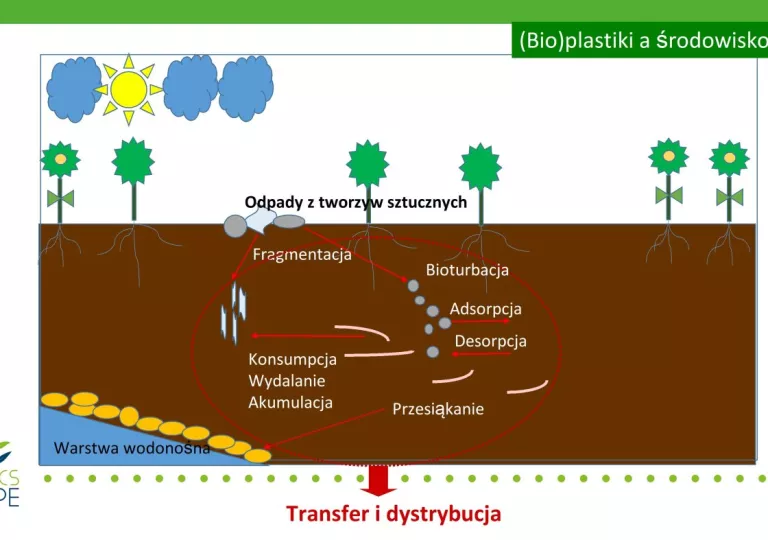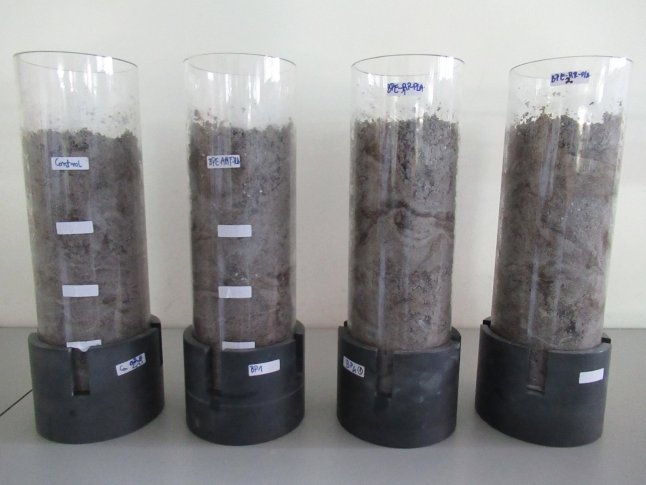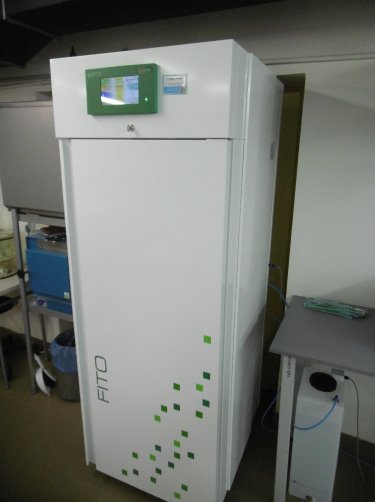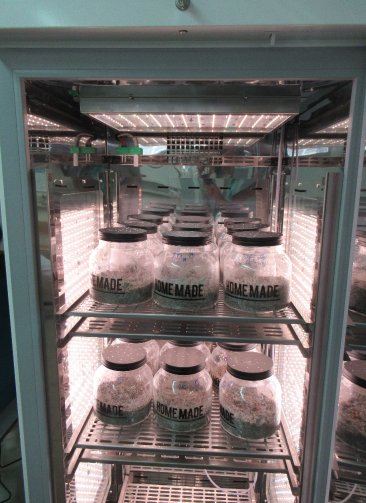PROJECT BACKGROUND
Title: Developing and Implementing Sustainability-Based Solutions for Bio-Based Plastic Production and Use to Preserve Land and Sea Environmental Quality in Europe (BIO-PLASTICS EUROPE) grant agreement no. 860407
Developing and implementing sustainable solutions for bio-based plastic production and use to protect land and sea environment in Europe (BIO-PLASTICS EUROPE) grant agreement no.: 860407
Main objective: The main objective of the BIO-PLASTICS EUROPE project is to provide sustainable strategies and solutions for biodegradable plastics in support of the EU strategy on plastics and promoting the circular economy.
Coordinator: HAW Hamburg (Germany)
Implementation time: 1.10.2019 - 30.09.2023
Funding: EU Horizon 2020 Research and Innovation Programme
Total budget: 8.5 million euros
Number of partners: 22
Project website: https://bioplasticseurope.eu/
Participation of TUL in the project: Lodz University of Technology is one of the partners implementing the BIO-PLASTICS EUROPE project. The Faculty of Civil Engineering, Architecture and Environmental Engineering (WBAIŚ) and the Faculty of Process Engineering and Environmental Protection (WIPOŚ) participate in the implementation of this project. The project coordinator at Lodz University of Technology is prof. dr hab. inż. Liliana Krzystek (WIPOŚ). Contact: liliana.krzystek@p.lodz.pl; tel. +48 42 631 37 37.
RESEARCH CONDUCTED BY WBAIŚ
It is estimated that at the end of the second decade of the 21st century, an average of about 30% of plastic waste worldwide was unmanaged and went directly to water and soil, where it undergoes physical, chemical and biological changes (Fig. 1). This is accompanied by an impact on the abiotic and biotic parts of the ecosystem.
Fig. 1. Transformations of plastics in the soil environment.
The aim of the work carried out within BIO-PLASTICS EUROPE is to assess the impact of bioplastics on the soil environment, and primarily on organisms living in the soil, such as higher plants and earthworms. The assessment is carried out using single-species and multi-species ecotoxicity tests. The object of the research are bioplastics supplied by manufacturers who are part of the project consortium. Bioindicators used in the ecotoxicity tests are Sorghum saccharatum, Sinapsis alba, Lepidium sativum plants and Eisenia andrei earthworms. Multi-species tests are conducted on a laboratory scale in model soil ecosystems that were built during the work carried out in the project (Fig. 2). All tests are conducted under controlled conditions in a phytotron cultivation chamber purchased from project funds (Fig. 3)
Fig. 2. Model soil ecosystems (prepared by Dr. Eng. A. Rubnikowicz).
Fig. 3. FITO 700 phytotron culture chamber (Biogenet, Poland).
Scientific publications
Ewa Liwarska-Bizukojc, Effect of (bio)plastics on soil environment: A review, Science of The Total Environment, Volume 795, 2021, 148889, ISSN 0048-9697, https://doi.org/10.1016/j. scitotenv.2021.148889
Ewa Liwarska-Bizukojc, Phytotoxicity assessment of biodegradable and non-biodegradable plastics using seed germination and early growth tests, Chemosphere, Volume 289, 2022, 133132, ISSN 0045-6535, https://doi.org/10.1016/j .chemosphere.2021.133132
Liwarska-Bizukojc E., Application of a small scale-terrestrial model ecosystem (STME) for assessment of ecotoxicity of bio-based plastics, Science of the Total Environment, Volume 828, 2022, 154353, ISSN 0048-9697, http://dx.doi.org/10.1016/j.scitotenv.2022.154353
Contact (WBAIŚ)
Prof. Dr. Hab. Eng. Ewa Liwarska-Bizukojć
email: ewa.liwarska-bizukojc@p.lodz.pl
tel. +48 42 631 35 22
